Prevent Wildfires
9 out of 10 wildfires are caused by people
The majority of wildfires in Texas are human-caused. This means most wildfires can be prevented. Become aware of outdoor activity’s risks and take preventative measures to reduce the chance of starting a wildfire.
As Smokey Bear says, “Only You Can Prevent Wildfires.” So no matter who you are or where you are, keep wildfire prevention in mind.
You may be affected by wildfires if you live in an area at risk. Take steps to prepare your home and property and reduce your risk of damage from wildfire.
The largest number of human-caused wildfires is a result of careless debris burning. Vehicles, welding, other equipment use, and arson are also common preventable causes of wildfires.
-
Learn when and how to burn vegetative debris safely.
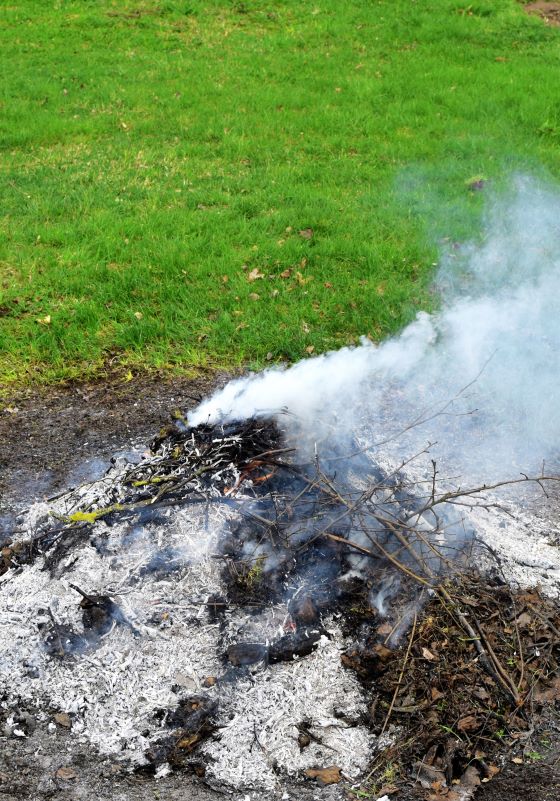
-
Take precautions when using motorized equipment, heavy equipment, and vehicles.
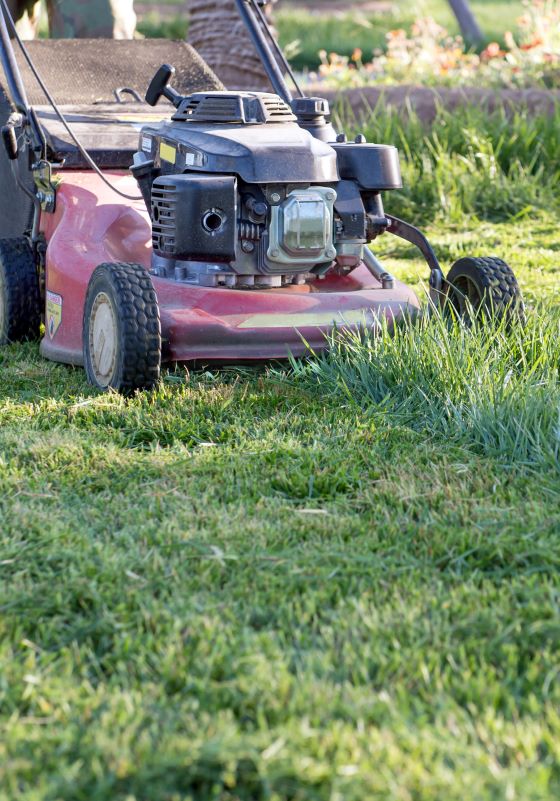
-
Build your campfire safely and extinguish it when done.
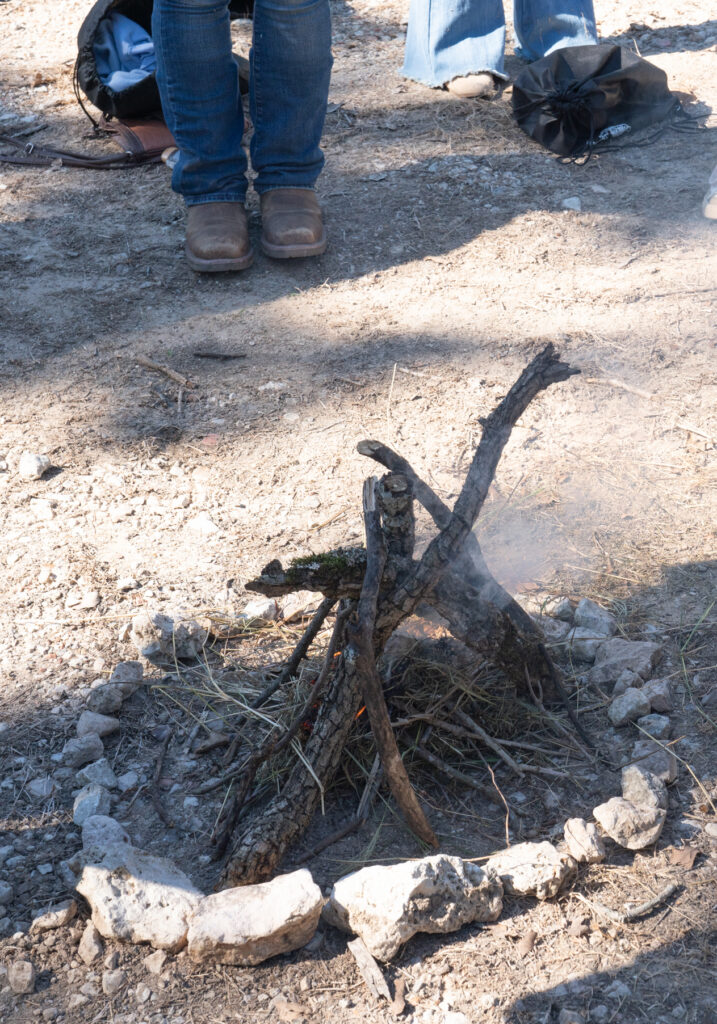
-
Celebrate safely and be cautious if using fireworks yourself.

-
Learn safety measures to prevent wildfires when cooking outdoors.
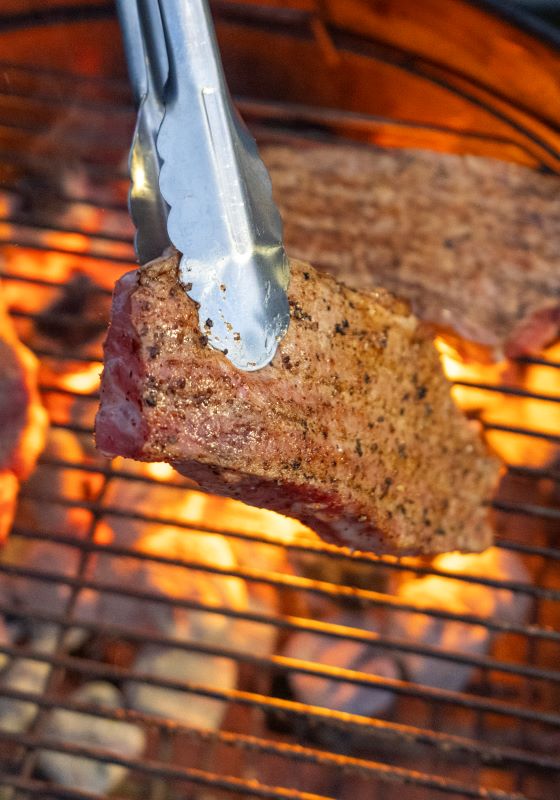
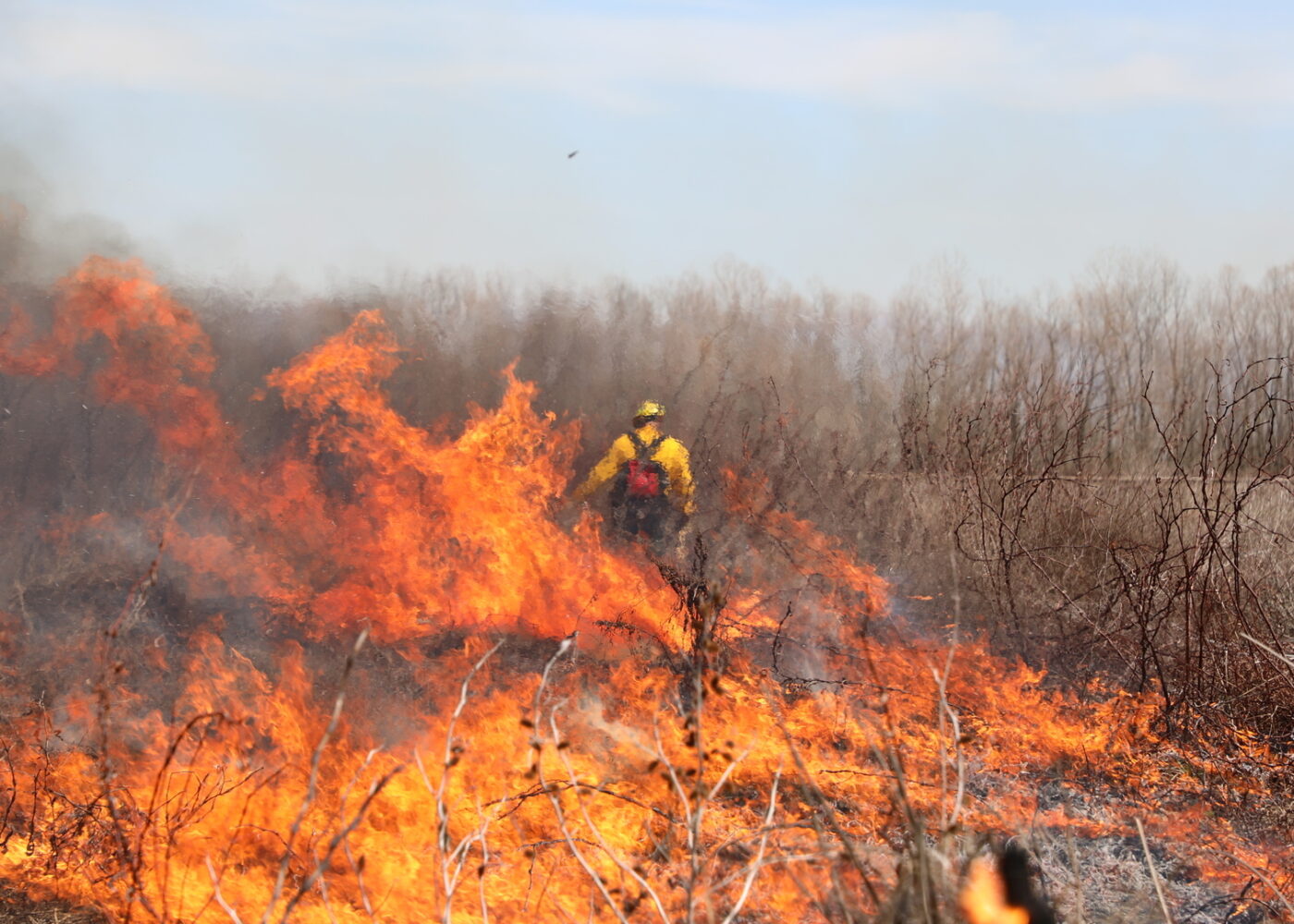
Arson
Report suspicious activity to local law enforcement or our Arson Hotline at 1-800-364-3470.